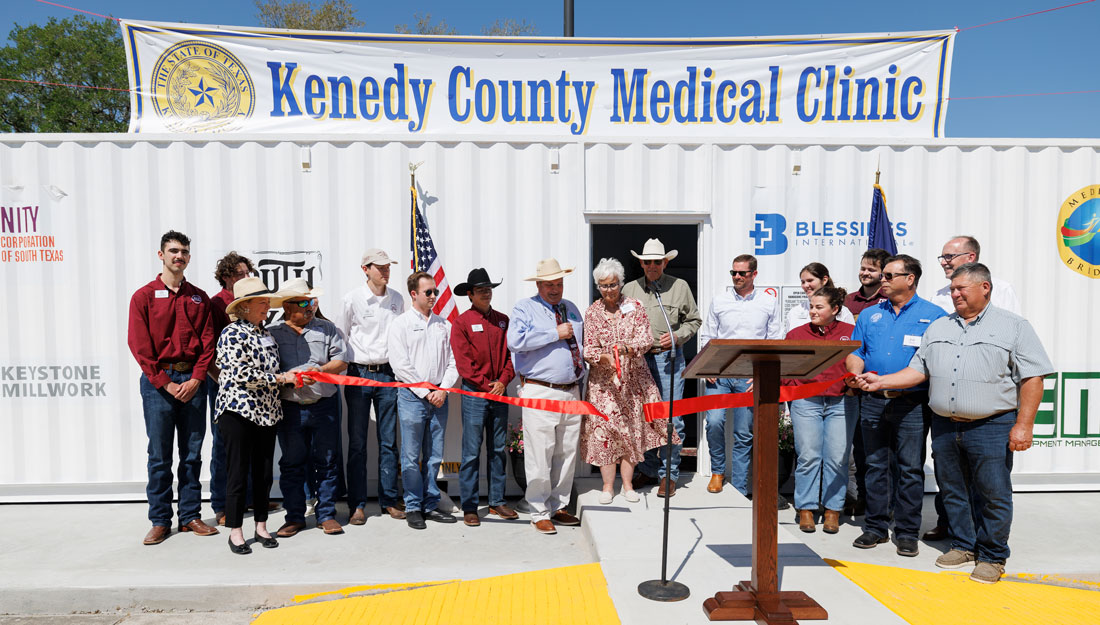Texas A&M and Prairie View A&M awarded $2.9 million for biomedical research training program

A multidisciplinary team from Prairie View A&M University (PVAMU) and Texas A&M University recently received funding from the National Institutes of Health (NIH) to administer an Institutional Research and Academic Career Development program (IRACDA). The $2.9 million IRACDA award is intended to support collaboration between research-intensive colleges and universities and historically mission-driven institutions that educate underrepresented groups. IRACDA programs train biomedical scientists from varied backgrounds to help them successfully transition into both teaching and research-focused careers.
Vital to any student’s success are experienced professors who are well-versed in their fields. At research-intensive, or R1, universities like Texas A&M, the pursuit of research is the main focus of postdoctoral scholars. Yet, as co-program leads Rajesh Miranda, PhD, from Texas A&M and Gloria C. Regisford, PhD, from Prairie View A&M (an R2 research university) agree, the transition into teaching can sometimes be difficult for postdoctoral scholars.
The IRACDA program will train a total of 10 postdoctoral scholars over five years. They will have the opportunity to gain research experience with one of 34 Texas A&M faculty from the College of Medicine, College of Arts and Sciences, College of Agriculture and Life Sciences, College of Engineering, College of Pharmacy, and College of Veterinary Medicine and Biomedical Sciences. Additionally, 11 faculty from the PVAMU Marvin D. and June Samuel Brailsford College of Arts and Sciences will provide mentoring and training in course design and classroom instruction. Underscoring the success of IRACDA programs, three PVAMU faculty mentors are IRACDA alumni who will provide valuable experience and act as role models for the Texas A&M IRACDA scholars.
The main goal of training postdoctoral scholars is to train independent scientists, yet opportunities to develop the skills needed to guide and teach undergraduate students are sometimes lacking at R1 institutions. “Trouble arises when postdoctoral scholars at R1 institutions seek to navigate a heavy teaching load. The IRACDA is designed to teach postdocs how to promote a research program,” said Miranda, who is a professor of neuroscience and experimental therapeutics at the Texas A&M College of Medicine.

This IRACDA award provides key funding to develop pedagogy and research leadership skills through a joint Texas A&M/PVAMU research program modeled on the Research-Intensive Community (RIC). The Research-Intensive Community is a multilevel “community of practice” based on asset models, a system that builds on scholars’ individual strengths and skills to create a strong team. Instead of a one-on-one research apprenticeship model, research is performed by a diverse undergraduate research team led by a team leader who is an advanced undergraduate, graduate student, postdoctoral scholar or junior faculty preparing for the next stage of a research career. Research teams are productive because they leverage each undergraduate’s unique talents, skills, perspectives and experiences to advance research relevant to the team leader’s success. Through the RIC, faculty, postdoctoral scholars and graduate students are primed to develop leadership and collaborative skills by guiding undergraduate students in their research projects.
The RIC model formed the basis of the Aggie Research Program (ARP), which is led by IRACDA co-leader, Chris Quick, PhD, from the Texas A&M College of Veterinary Medicine and Biomedical Sciences. The ARP is a multi-college research leadership program where those seeking research leadership opportunities are trained to lead a diverse, multidisciplinary team of undergraduates seeking research opportunities.
“Since its launch in 2016, the Aggie Research Program has changed the landscape of research training at Texas A&M, and I am particularly excited to work with Prairie View A&M to launch the Panther Research Program as an equal partner,” Quick said. “In a way, we have come full circle with the IRACDA program, because our colleagues at Prairie View showed us how doubling down on undergraduate education does not have to slow down our research, but instead can accelerate it.”
With Prairie View A&M’s history as a strong teaching-intensive institution, Regisford is looking forward to the partnership between Prairie View A&M and Texas A&M. “The program is going to promote the exchange of cutting-edge skills and expertise between postdoctoral scholars and the faculty mentors they are assigned to,” said Regisford, who is a professor of biology at Prairie View A&M. “Postdocs will expand on course-based undergraduate research experiences already in place. Through this collaboration, more undergraduates will become engaged in research, and the research portfolios of students and faculty will be improved.”
By the end of the grant period, the IRACDA scholars will have gained the technical, operational and professional skills to become independent academics that develop sustainable research platforms at either research- or teaching-intensive institutions. Going forward, the IRACDA offers a new pathway through which Prairie View A&M and Texas A&M can recruit and train postdoctoral scholars so they can lead productive research teams at both universities, develop course-based undergraduate research experiences, and formalize a training program at Prairie View A&M to ensure that the training model continues to grow in the future.
Media contact: media@tamu.edu


